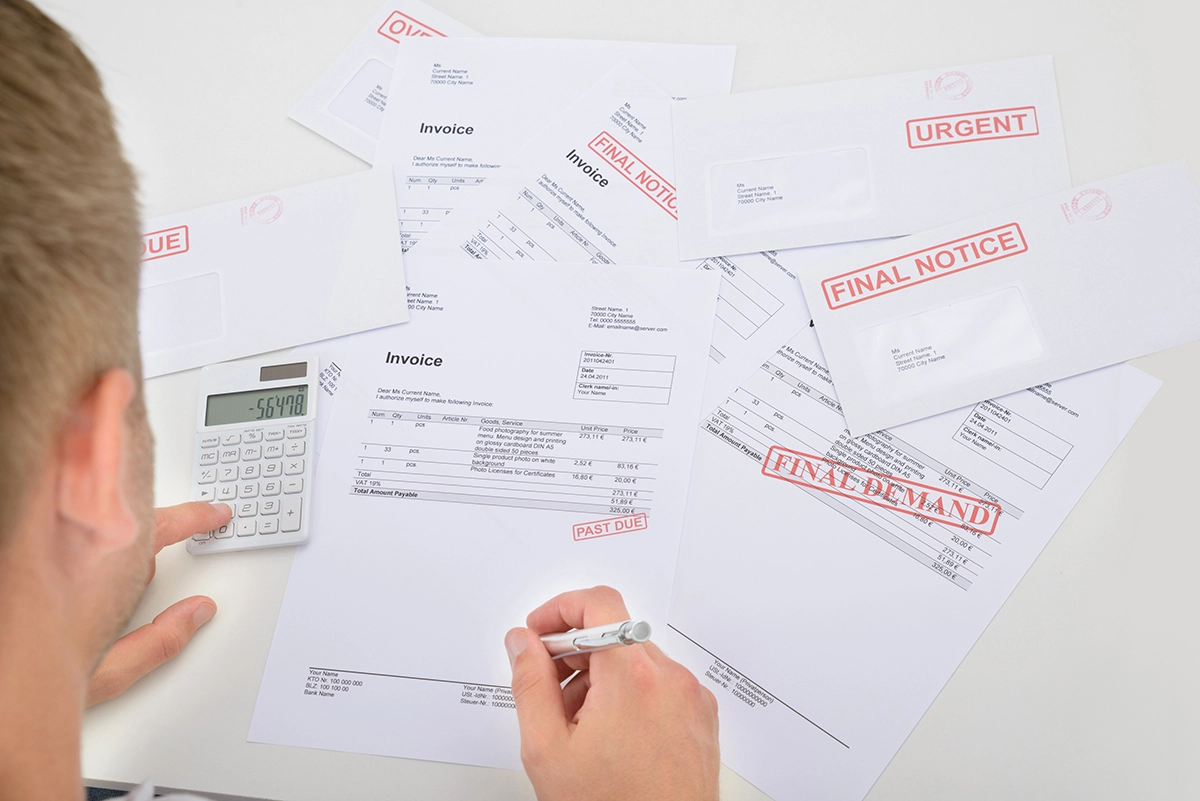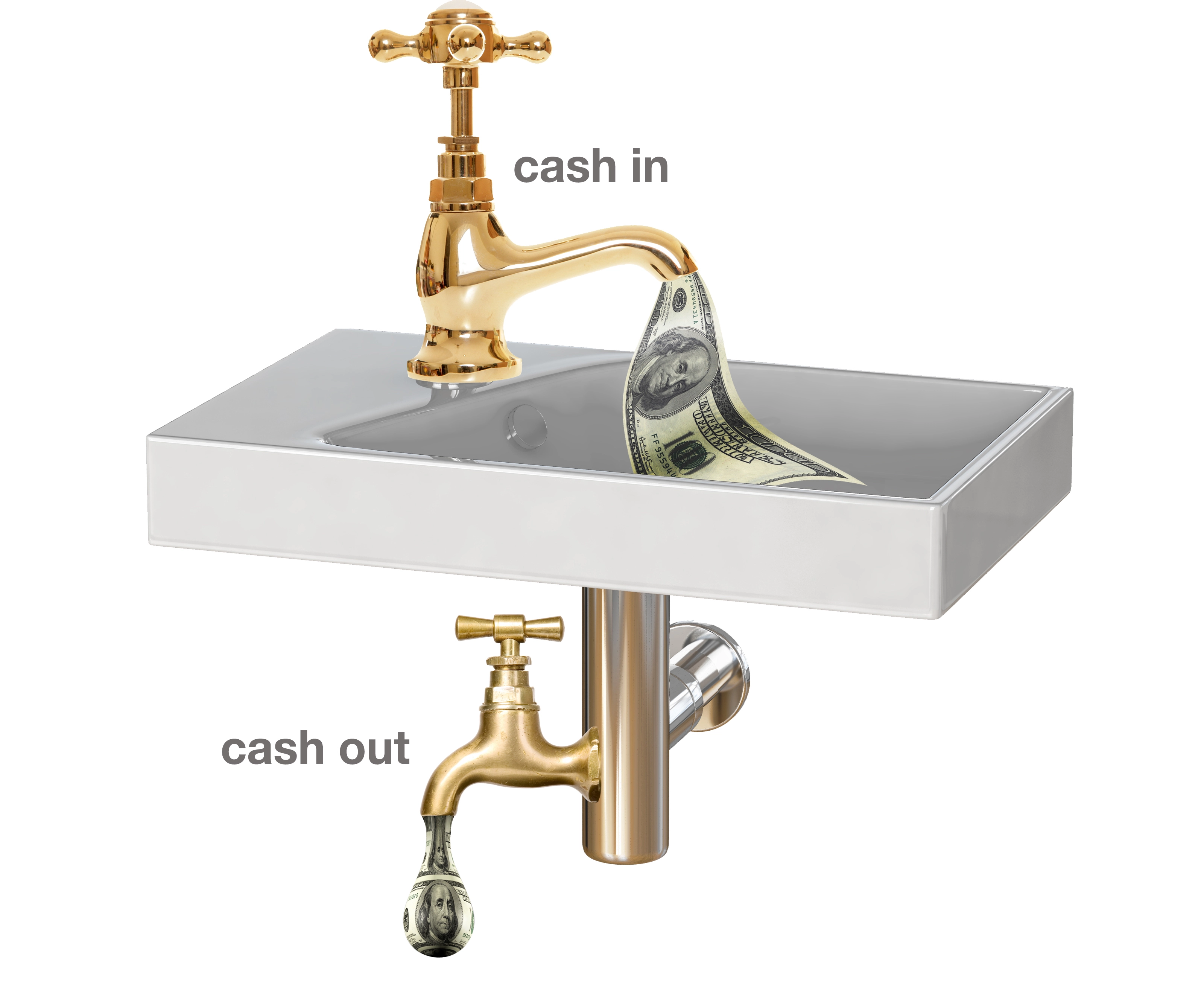All year I’ve written about ways to protect your hard-earned money from different forms of theft. Occasionally, you’ll run into legal ways of someone taking your money. This month’s example is not technically theft; in fact, it’s actually allowed by the United States bankruptcy laws.
Be careful when performing commercial work. Even if bonded, if the general contractor goes out of business, it can take months or years to get paid. Here is the story of one contractor:
The HVACR contractor was installing heating and air conditioning equipment for a new building. The general contractor (GC), who was their customer, was known in the area. For the HVACR contractor, it was a large, yearlong job where they had allocated sufficient field labor and materials to complete each phase of the project on time.
Per the contract, the HVACR contractor received payments monthly for work that was done the previous month. At the job start, payments were received on time and they met the time deadlines for the completed phases.
As the job progressed, the payments from the GC got later and later, however, the HVACR contractor was still paid. The HVACR contractor owner made the decision to stop work if payments were not received. This was a difficult decision, but he stuck with it. As a result, they worked on this project only when checks were received and the project started falling behind the expected completion date.
Rumors were flying that the GC was in trouble. The HVACR contractor was persistent about collections and still got paid, however, later than they were supposed to. So, the HVACR contractor continued work on the project.
One day, the HVACR contractor received a bankruptcy notice in the mail. The GC filed bankruptcy. Work on the project stopped. He was owed only a small amount of money for work done the previous month. The field labor had enough work to do, so that it didn’t severely impact the company’s cash flow and profitability.
Several months later, during the bankruptcy proceedings, the HVACR contractor got a notice to repay the payments made to them for work done on the project. The trustee was requesting a check for approximately $60,000 — the value of the checks received for work that had been done in the past 90 days. This would be a significant impact on the company’s cash flow.
In conversations with his attorney and the bankruptcy trustee, the HVACR contractor learned that the bankruptcy court has the right to request return of payments made to vendors for up to 90 days prior to the bankruptcy filing. The trustee didn’t care about the impact this would have on his company’s cash flow. He only cared that he received the check.
The HVACR contractor set up payments with the trustee to pay the $60,000 into the bankruptcy court … and it angered him every time he wrote a check.
Yes, he did get some of it back, months later. But no, he didn’t get all of it back. The HVACR contractor’s money got distributed to the attorney and other vendors owed by the GC who went bankrupt.
You can protect yourself from this scenario by implementing the following company procedures:
- The fact that the HVACR contractor’s bookkeeper was persistent in collecting the funds owed to them actually backfired in the end. It’s best to keep a cash reserve to ensure that a repayment won’t hurt your company.
- Make sure, whenever possible, the construction jobs are bonded (i.e. ensured that if the GC can’t pay, the bonding company will pay). If this job had been bonded, then the bonding company would be responsible for payment in bankruptcy court.
- Check out the financial condition of a company prior to agreeing to work for that company. Even if a company is known, if that company goes bankrupt, your company may have to repay the bankruptcy court any monies received 90 days prior to the bankruptcy filing. Build and keep a cash reserve in this amount as your company is working on the job.
- Collections are critical to cash flow. If a payment has not been received in the time allotted for payment, the bookkeeper must make a call the next day to find out when a payment can be expected. If you don’t get a check, stop work. It’s difficult, but necessary, to do this.





